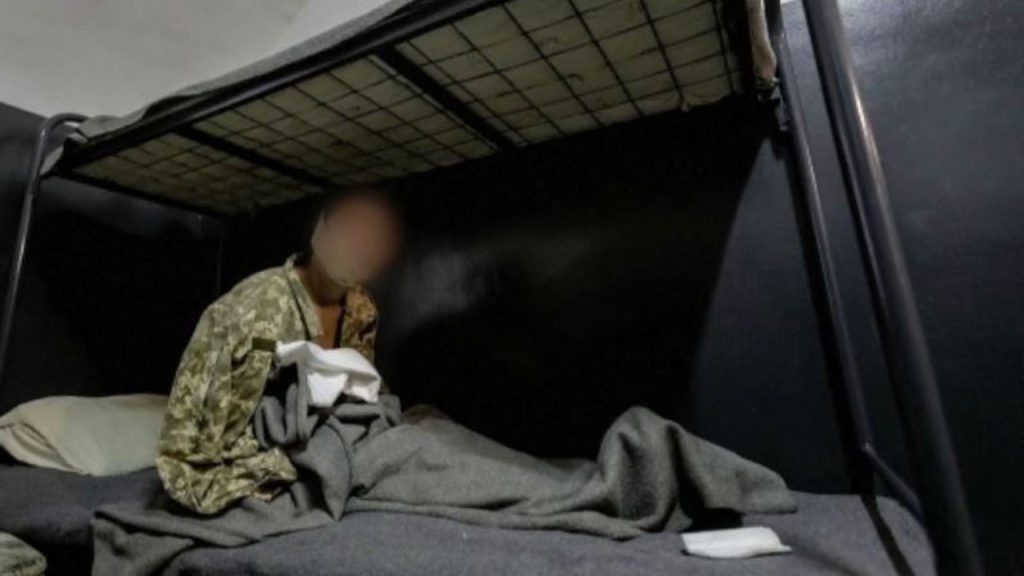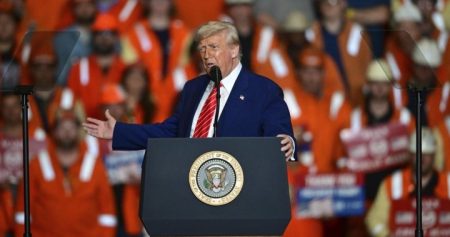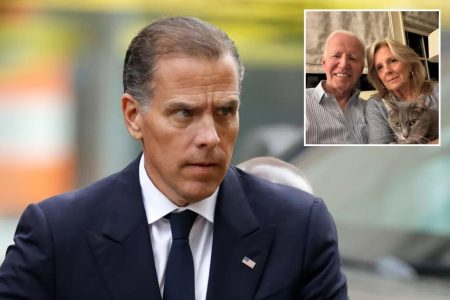The evolving dynamics of the Russo-Ukrainian War have taken a surprising turn with the confirmed capture of two North Korean soldiers fighting alongside Russian forces. This revelation, initially brought to light by Ukrainian President Volodymyr Zelenskyy, has been corroborated by South Korea’s National Intelligence Service (NIS). The capture, which occurred on January 9th in the Kursk battlefield, a Russian border region, adds a new layer of complexity to an already multifaceted conflict. While Moscow has consistently denied the presence of North Korean troops within its ranks, the captured soldiers provide tangible evidence contradicting these denials.
The captured soldiers, both wounded, were subsequently transported to Kyiv, where they are currently under the care of Ukrainian authorities and are communicating with the Security Service of Ukraine (SBU). Video footage released by the SBU purportedly shows the two prisoners receiving medical treatment for their injuries: a facial wound for one soldier and an open wound with a lower leg fracture for the other. The SBU further reported discrepancies in their identification, with one soldier possessing no documentation and the other carrying a Russian military ID belonging to an individual from Tuva, a Russian region bordering Mongolia. This practice of equipping North Korean soldiers with Russian uniforms and counterfeit IDs has been noted by Ukrainian military intelligence, suggesting a deliberate attempt to obfuscate their presence and allow Moscow to plausibly deny their involvement.
The presence of North Korean soldiers fighting alongside Russian forces, while initially met with skepticism, has gained increasing credence over recent months. Reports of their involvement first surfaced in October, but it wasn’t until December that Ukrainian troops confirmed their presence on the battlefield. Estimates of the number of North Korean troops deployed vary, with Ukrainian President Zelenskyy citing figures as high as 10,000-12,000 and claiming 4,000 casualties. US estimates are considerably lower, placing the number of deployed troops around 1,200 with casualties around 1,200. Regardless of the exact figures, the confirmed presence of North Korean troops raises significant concerns about the internationalization of the conflict and the potential implications for global security.
The involvement of North Korea in the conflict introduces a range of complex geopolitical considerations. While the exact motivations behind Pyongyang’s decision to send troops remain speculative, some analysts suggest it could be a combination of factors. These include potential financial incentives from Russia, a desire to gain combat experience for its troops, and strengthening its alliance with Moscow in the face of increasing international isolation. The participation of North Korean troops also raises questions about potential violations of international sanctions against North Korea, which prohibit the provision of military personnel to other countries.
Beyond the immediate implications for the Russo-Ukrainian war, the deployment of North Korean troops has broader global security implications. Analysts warn that the combat experience gained by these soldiers could enhance North Korea’s military capabilities, potentially destabilizing the Korean peninsula and the wider East Asian region. Furthermore, the established precedent of North Korea providing military personnel to another nation raises concerns about potential future deployments in other conflict zones. This could further exacerbate existing tensions and contribute to the proliferation of conflicts worldwide.
The confirmation of North Korean involvement in the Russo-Ukrainian War underscores the increasingly complex and unpredictable nature of the conflict. It highlights the potential for the war to draw in actors from beyond the immediate region and the risks of escalating tensions on a global scale. As the conflict continues to evolve, understanding the motivations and implications of North Korea’s participation will be crucial for navigating the complex geopolitical landscape and mitigating the risks of further escalation. The situation warrants close monitoring by the international community, as it has the potential to reshape the dynamics of the conflict and pose significant challenges to global security. The international community must address this issue decisively to prevent further escalation and maintain global stability.










